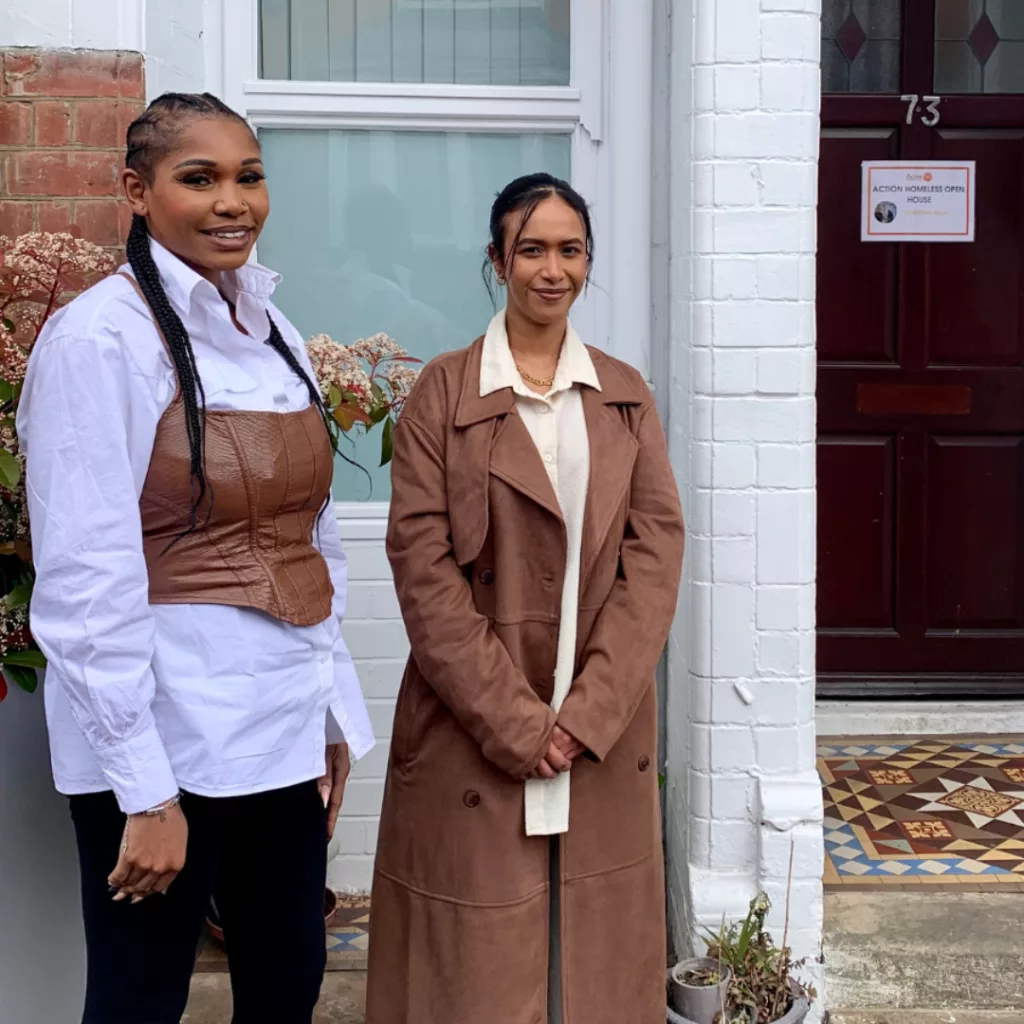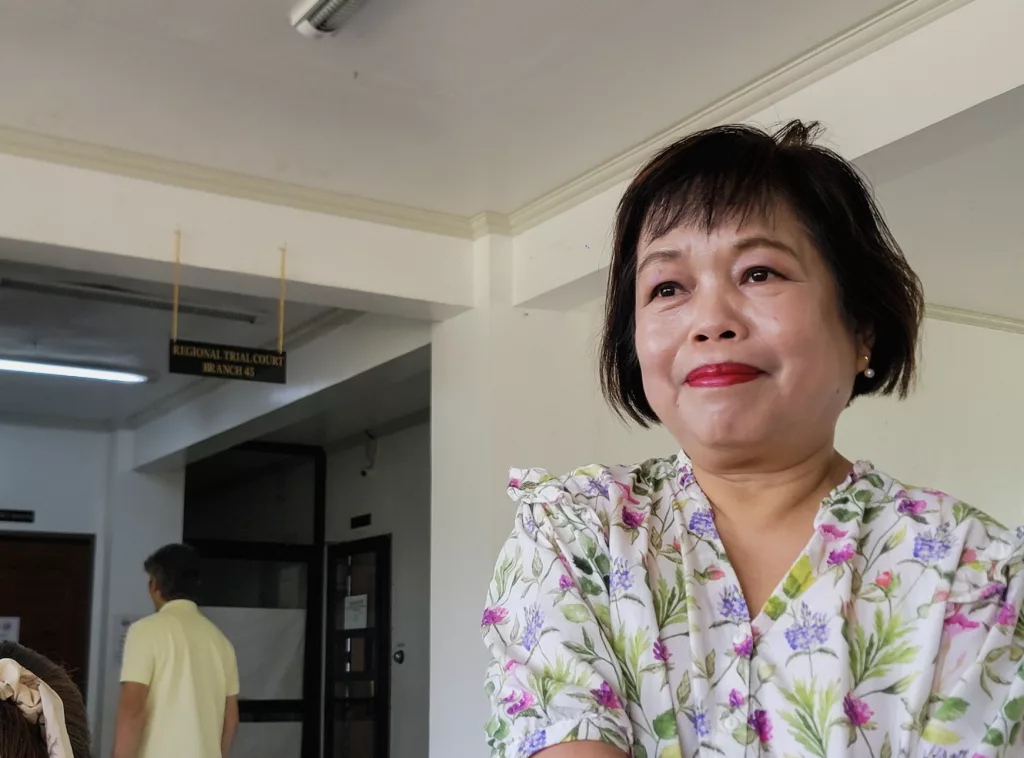Becky Rice is a Co-ordinator at Westminster Homelessness Partnership – a group of organisations working together to end rough sleeping in Westminster, London. The partnership is part of the World Habitat European End Street Homelessness Campaign (EESHC).
During the initial emergency response to COVID-19, leaders from Westminster Homelessness Partnership met each week to discuss the most pressing issues – much of this centred on hotel provision for people sleeping rough during the pandemic and the situation for those still rough sleeping. The group included St Mungo’s, The Passage, Connection at St Martin’s and West London Mission, as well as Westminster City Council (WCC) who led the initial response and hotel programme. As we moved on from this phase there was concern that the rapid learning and insight from these critical weeks could be lost in the face of new challenges.
So to capture the vital learning from the initial phase, we organised a ‘Learning from COVID-19’ online workshop with Collaborate – a think tank and consultancy which specialises in partnership working. We were able to secure a small grant, quickly, from the World Habitat EESHC Innovation Fund, which enabled us to pay for skilled facilitation input from Collaborate. The meeting was held online with the use of voting tools, break out rooms and plenary sessions.
Despite the pressure that everyone was under, we were delighted that 28 people from 14 organisations attended. Sectors represented included homelessness, health and mental health, drug and alcohol services, public health, and commissioners from the Council. Although there were no attendees of those experiencing rough sleeping or hotel provision at the time, or those working in the local network of faith and voluntary services; we recognise that learnings from these groups will be critical to planning the future of Westminster’s systems.
Firstly, we explored ‘what we did differently during the emergency response’. Three clear processes emerged.
1. Rapid adaptation – flexibility, commitment and innovation.
- Self-contained accommodation provided ‘free at point of access’ regardless of access to public funds. A ‘really dignified offer’ as one delegate put it.
- Drug and alcohol services taking an ‘in-reach’ approach – going to hotels rather than people going to services.
2. Collaboration – working together as a ‘system’.
- Working with a galvanising common purpose – everyone motivated to work together and play their part. One delegate described, “One team for Westminster services, with each organisation just one ‘branch’ of it.”
- Role of health: specialist homeless health services took an active leadership role, which was welcomed, with focus on triage and harm reduction.
3. Communications – increased flows, more informal and regular.
- Horizontal communication across the sector including daily calls and online meetings.
- Vertical communication providing services contact with national as well as local policy makers.
We also considered ‘what made the new ways of working possible?’. Some of these were ‘hard system conditions’ – these are areas that are fixed, and often depend on central or local government. This includes additional resources from local and central government and changes to policy which meant that people not eligible for public funds could be accommodated.
Other developments making the new way of working possible were ‘softer’ and may be more in the control of organisations represented. For instance, there was urgency to act around a clear purpose; adopting a health and public health lens to addressing homelessness; a better, more immediate and dignified ‘offer’ increasing engagement with people experiencing homelessness; and flatter hierarchies and positive risk taking.
The group also explored ‘what we wanted to preserve from the emergency response’. The following are some actions the group want to retain in the future.
- Mindset: the sense of purpose and rough sleeping being a solvable problem.
- Ways of working: partnership and collaboration; quick decision making; fewer barriers and ‘gatekeeping’ in services; and enhanced communication.
- Models of practice: quick access to self-contained accommodation for all regardless of eligibility; ‘in reach models’ (where services go directly into places where people are staying, rather than providing appointments elsewhere, e.g. a clinic) to get services to where people need them; use of hotel or hotel style accommodation for some; and rapid rehousing with support.
Things people are keen to restore from the pre-COVID world included more face-to-face contact with clients, reduced burden on staff, and a better response for new people arriving on the streets.
What’s next?
The challenges facing people who are rough sleeping and working with them are huge. New people did not stop coming to Westminster – at the last estimate we have over 200 people sleeping rough, after reaching record lows in the early stages of the emergency response. In a poll, workshop attendees were uncertain as to whether the last few months will change the face of our homelessness system for the better with most feeling ‘the wheel is still in spin – there is everything to play for’.
The ideas from this group will influence the future as we feed findings into a review by Westminster City Council, and will also be used by WHP to inform the future of our partnership work.




